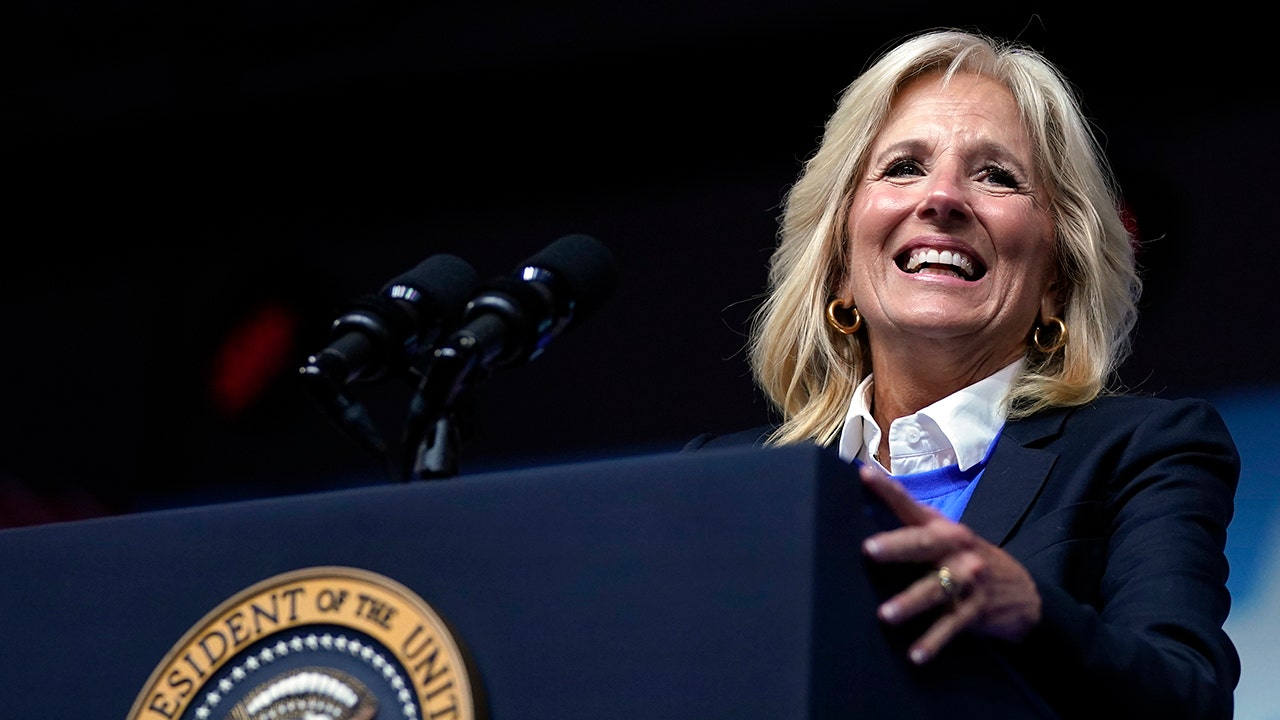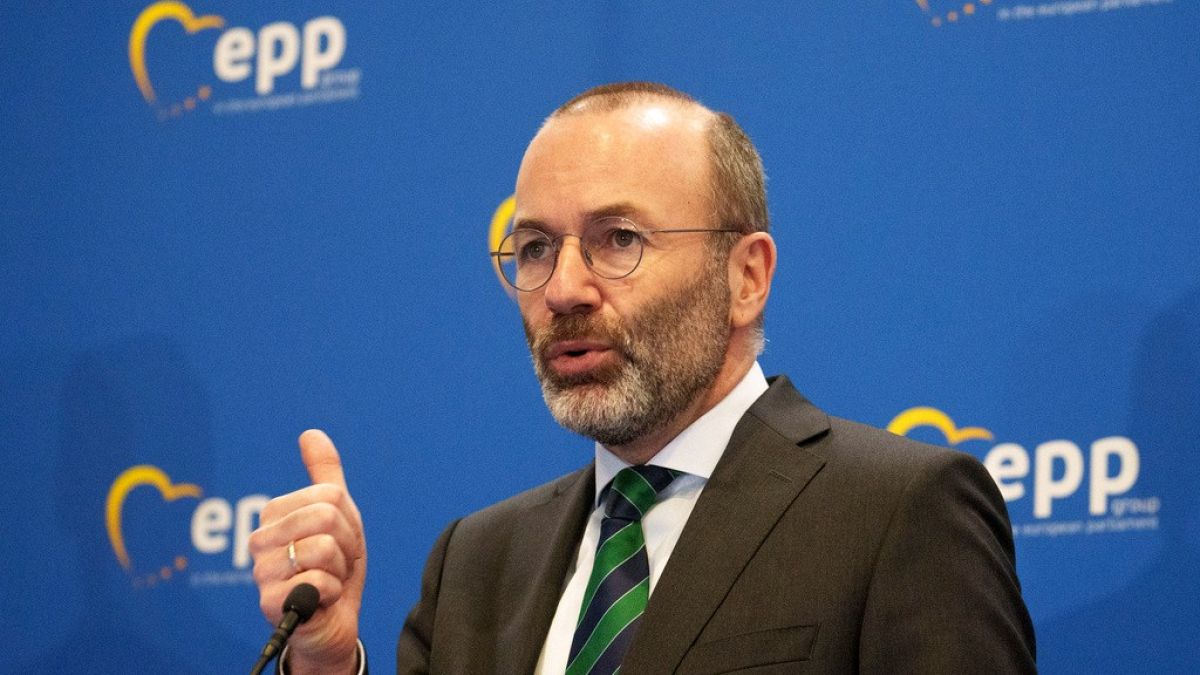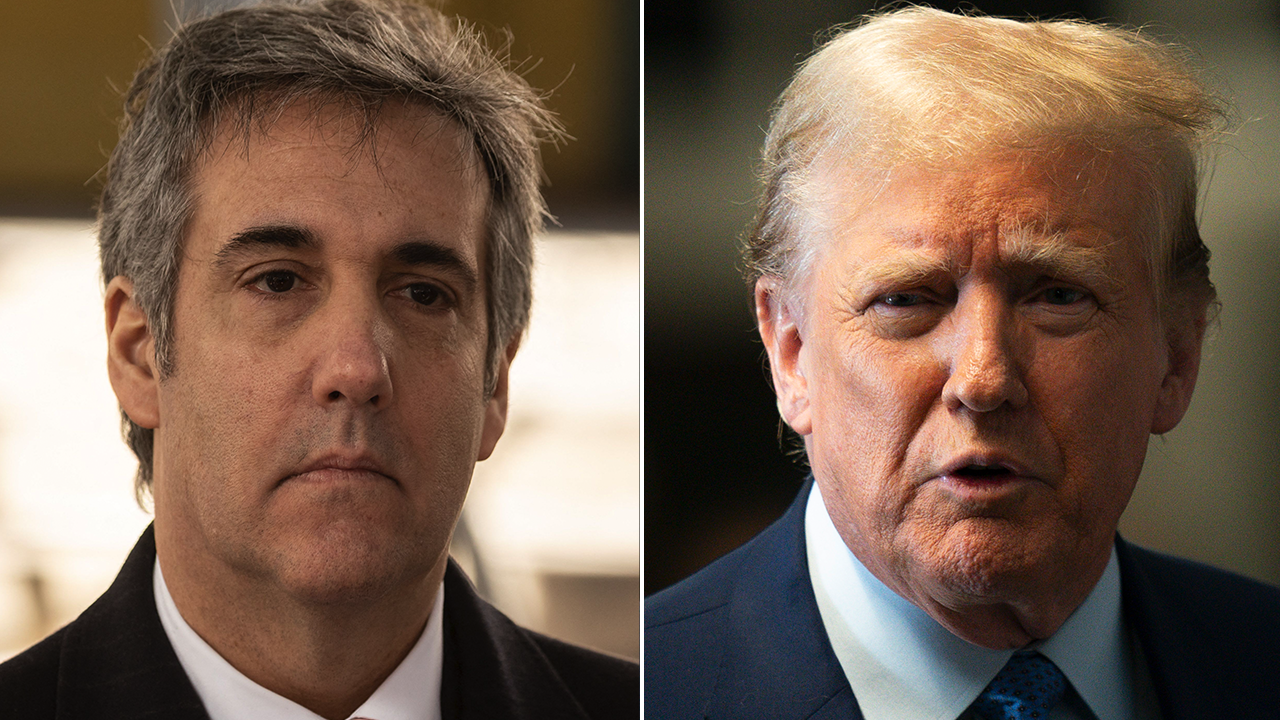New York
New York City Said It Had No More Beds for Migrants. What Changed?

For several nights last week, New York City’s migrant crisis seemed to have passed a breaking point: As many as 300 newly arrived migrants were left to sleep on the sidewalk outside the main processing center in Midtown Manhattan.
Mayor Eric Adams said the city had simply run out of room in its sprawling, ever-growing network of emergency shelters, after receiving nearly 100,000 immigrants since last year. Images of men crammed behind metal barricades in a line that wound around a Manhattan block drew comparisons to migrant surges that have overwhelmed the streets of European countries and chaotic tent cities on the West Coast.
But by the end of the week, the overnight line had disappeared.
So where has the city been putting everyone? That remains a bit of a mystery.
It is not as if migrants have stopped coming. On Wednesday, the city said that 2,900 more had arrived in the past week — up from 2,300 the week before.
Part of the answer can be found at a large church in Long Island City, Queens, the Evangel Christian Center, which the city said accepted nearly 200 people last week who had been in the line outside the Roosevelt Hotel, which has become the main intake center for migrants. Several migrants from the West African nation of Mauritania said Wednesday that they had been moved there from their sidewalk sleeping spots.
Mohammed Yerim, a Mauritanian in his mid-20s, said he came directly to the church, bypassing the line outside the hotel, after arriving from Florida.
“I came here because I have a church address” that someone had given him, he said, adding that the accommodations, including halal food and showers, were “very good.”
The city declined to release a breakdown on where it is housing the most recent arrivals or the 50,000 migrants it is currently sheltering, but offered some piecemeal information accounting for several hundred new placements.
Two emergency lodgings in recreation centers in Brooklyn in McCarren Park and Sunset Park that opened over the weekend are housing about 80 people each. The city found hotels upstate to take about 75 people over the last week, officials said, and is expanding the capacity of a humanitarian relief center in Clinton Hill, Brooklyn. A small number of migrants leave the shelter system each week after finding homes elsewhere.
Power Malu, who runs the volunteer migrant-aid group Artists Athletes Activists, said that dozens of families who came in on buses from Texas on Wednesday were sent to the 250-room Redbury Hotel in Manhattan, where a city migrant shelter has just come online.
Some private aid groups and advocates for migrants have expressed skepticism that the city ever really ran out of room to begin with. They suggested that the line of sleepers outside the Roosevelt represented not a system that had temporarily broken down and been patched back together, but a gambit by the city to amplify its pleas for more outside help.
Last week, a lawyer for the Legal Aid Society said the city “could shelter everyone who is on that sidewalk if that is what they wanted to do.” Mr. Malu and other advocates said the city was also making people sleep outdoors to discourage migrants from coming.
“The greater he makes the crisis seem,” the more leverage the mayor has to get money from the federal and state governments, Ilze Thielmann of the volunteer group Team TLC NYC said on Wednesday.
Kayla Mamelak, a spokeswoman for Mr. Adams, bristled at the advocates’ suggestion that the Roosevelt line was any sort of ploy.
“Their implication is that it is some kind of political stunt,” she said on Wednesday. “That’s insulting. It is not. This is a very real situation.”
Last Wednesday, the Legal Aid Society sent a letter to the judge hearing the city’s request to be relieved of its unique court-mandated obligation to provide a bed for every homeless person who requests it. The letter stated that the city was violating the right-to-shelter rule and requested an emergency hearing. The judge, Erika Edwards of State Supreme Court in Manhattan, granted the hearing, and by the next morning, the line was gone.
After the hearing, Justice Edwards ordered the city to file a proposal by Aug. 9 “identifying the resources and facilities owned, operated and/or controlled by the state” that it needed in order to continue sheltering all comers. The mayor welcomed the judicial attention to the matter, saying in a statement that “unless the state and federal governments fulfill their obligations to join us and do more in supporting asylum seekers, scenes like the one that broke our hearts outside the Roosevelt may sadly become more common.”
Mr. Malu said that the city was needlessly making it harder for migrants to find shelter. He said that last week, nonmigrants who went to the city’s main intake center for homeless single men on East 30th Street were sent to Department of Homeless Services shelters, while migrants who went to the same office were sent to the line outside the Roosevelt.
“It’s not that the city is out of space; it’s that they’re doing segregation,” he said.
Ms. Mamelak said she was not aware of such a practice at East 30th Street.
Meanwhile, the city continues its scramble to find places to put people — a task that Mr. Adams said on Wednesday was on track to cost $12 billion over three years.
In coming weeks, it plans to open a tent complex in the parking lot of a state psychiatric hospital in Queens and, bringing some of its earliest efforts full circle, a tented dormitory for 2,000 people on Randall’s Island off Manhattan, where it had opened and then closed a similar facility last fall.
Adama Bah, a community organizer who has been meeting buses of migrants at the Port Authority bus terminal for over a year, said that on any given night, there are hundreds of migrants sleeping in houses of worship (which receive $65 per night per person from the city) and in the homes of New Yorkers.
“We have people sleeping in basements, we have friends that are opening their doors, we have migrants sleeping in parks, we have migrants literally sleeping anyplace they could feel safe,” Ms. Bah said.
On the Lower East Side of Manhattan, a resident of a city public-housing complex, Camille Napoleon, has hosted as many 12 migrants at a time in her two-bedroom apartment, on couches and cots and — in the case of one man from Colombia who had slept on a floor his whole life — on a rug on the floor.
“My living room has been their room,” said Ms. Napoleon, 51.
On Wednesday night, Wilfran Moreno, 32, who left his wife and two children in Venezuela earlier this year and arrived at Ms. Napoleon’s apartment on Monday, was sitting on a sofa, watching TV and playing with her dog, who came from another migrant family and now lives at Ms. Napoleon’s home. He said he was looking for work as a mechanic or truck driver and was “speechless” with gratitude at having a place to stay.
“It’s like home, like being back in my home,” he said.

New York
Who Are Key Players in the Menendez Case?

Senator Robert Menendez, Democrat of New Jersey, and his wife, Nadine Menendez, are accused of taking part in a wide-ranging, international bribery scheme. Federal prosecutors in Manhattan have charged them with accepting bribes worth hundreds of thousands of dollars from several New Jersey businessmen in exchange for political favors.
Mr. Menendez goes to trial on May 13 with two of the businessmen, Fred Daibes and Wael Hana. Ms. Menendez’s trial was postponed after her lawyers said she had a serious medical condition requiring surgery and a recovery period; it is now expected to start in July. All four have pleaded not guilty.
Defendants
Senator Robert Menendez
New Jersey Senator
First elected to Congress in 1992, Mr. Menendez is now charged with taking bribes of gold, cash and a luxury car in exchange for trying to aid the governments of Egypt and Qatar, and seeking to disrupt separate criminal investigations involving his allies in New Jersey.
After his arrest, he stepped down, as required, as chairman of the Senate Foreign Relations Committee, but he has refused calls to resign and left open the possibility that he will run for re-election in November if he is exonerated at trial. This is his second federal bribery trial in seven years. In the earlier case, a jury was unable to reach a verdict and the charges were later dismissed.
Fred Daibes
New Jersey Real Estate Developer
Mr. Daibes is accused of giving Mr. Menendez furniture, gold and cash. These were bribes, prosecutors say, for Mr. Menendez’s efforts to have unrelated federal bank fraud charges Mr. Daibes faces in New Jersey quashed and for the senator’s help in lining up financing for a stalled real estate project.
Wael Hana
Founder of the IS EG Halal company
Prosecutors say that Mr. Hana, a United States citizen born in Egypt, helped to arrange meetings with the senator and Egyptian officials that led to a lucrative monopoly for Mr. Hana’s company, IS EG Halal. The company, which certifies that products shipped to Egypt are prepared according to Islamic law, was used to funnel bribes to the Menendezes in exchange for the senator’s s efforts to steer U.S. weapons and aid to Egypt, according to the indictment.
Nadine Menendez
Mr. Menendez’s Wife
Ms. Menendez served as a go-between for Mr. Menendez, Egyptian intelligence officials and men who were seeking political favors from the senator, according to the indictment. Prosecutors say that bribes and messages went through Ms. Menendez to the senator.
The Co-Operator
Jose Uribe
Former New Jersey insurance broker
Mr. Uribe had been charged with seeking the senator’s help to scuttle state insurance fraud investigations that involved Mr. Uribe’s associates. He pleaded guilty in March and agreed to cooperate with the government, admitting in court that he had given a $60,000 Mercedes-Benz to Ms. Menendez to influence the senator.
The Court
Judge Sidney H. Stein
Presiding Judge
He was appointed by former President Bill Clinton to the U.S. District Court for the Southern District of New York in 1995. Among the more prominent defendants whose cases he has overseen are Jennifer Shah, a “Real Housewives” star sentenced to 78 months in prison in connection with a telemarketing fraud scheme, and Hassan Nemazee, a major donor to Democratic political causes, who was sentenced to 12 years in a bank fraud case.
Prosecution Team
Damian Williams
U.S. Attorney, Southern District of New York
Mr. Williams joined the U.S. attorney’s office in 2012 and was named by President Biden to the top post in 2021. He leads an office of 220 assistant U.S. attorneys and executives. He has overseen the prosecutions of defendants like Sam Bankman-Fried, convicted of stealing billions of dollars from his FTX cryptocurrency exchange, and Juan Orlando Hernández, the ex-Honduran president convicted in a cocaine importation case.
Christina Clark
Trial Attorney, Justice Department
She works in the department’s national security division. Ms. Clark helped to prosecute the former high-ranking F.B.I. official Charles McGonigal, who pleaded guilty in a money-laundering case in connection with his work for a Russian oligarch under sanctions.
Catherine Ghosh
Assistant U.S. Attorney, Southern District, Public Corruption Unit
She helped prosecute 70 current and former employees of the New York City Housing Authority in what the authorities called the “largest single-day bribery takedown in the history of the Justice Department.”
Eli Mark
Assistant U.S. Attorney, Public Corruption Unit
He helped to prosecute defendants in an N.C.A.A. basketball recruiting scandal, as well as a former State Supreme Court justice in an obstruction case.
Paul Monteleoni
Assistant U.S. Attorney, Public Corruption Unit
He helped to prosecute a former Brooklyn assistant district attorney in a bribery case and Robert Hadden, a former Columbia gynecologist who lured patients to his office and abused them.
Lara Pomerantz
Assistant U.S. Attorney, Public Corruption Unit
She helped to prosecute Ghislaine Maxwell, the former companion to Jeffrey Epstein, in a sex trafficking case and Norman Seabrook, the former longtime president of New York City’s correction officers’ union, in a bribery case.
Daniel Richenthal
Deputy Chief of the Southern District’s Criminal Division
He helped to win the convictions of Sheldon Silver, the former Democratic speaker of the New York State Assembly, and Michael Avenatti, the once high-flying lawyer who tried to extort more than $20 million from the apparel giant Nike.
Defense Lawyers
Adam Fee
Lawyer for Robert Menendez
He previously spent five years as a prosecutor in the U.S. attorney’s office for the Southern District — the same office prosecuting Mr. Menendez. Based in California, Mr. Fee focuses on white-collar criminal defense work.
Avi Weitzman
Lawyer for Mr. Menendez
He spent nearly seven years as a Southern District prosecutor and is now a New York City based partner at the same law firm as Mr. Fee, with an emphasis on complex civil and criminal cases.
Lawrence Lustberg
Lawyer for Wael Hana
A prominent New Jersey defense attorney, he was previously a federal public defender. He also represents Mr. Daibes in the pending bank fraud case in New Jersey.
César de Castro
Lawyer for Fred Daibes
Previously a prosecutor in the Manhattan district attorney’s office, he now runs his own New York City-based law firm. Last year, he represented Genaro García Luna, Mexico’s former top security official who, after a high-profile federal trial in Brooklyn, was convicted of taking millions of dollars from the Sinaloa drug cartel.
New York
Video: Judge Says Michael Cohen Must Stop Taunting Trump

Ahead of what could be the most explosive testimony in Donald J. Trump’s criminal trial, the judge on Friday told prosecutors that he was personally asking that Michael D. Cohen stop taunting the former president. Jonah Bromwich, a criminal justice reporter at The New York Times, gives his takeaways.
New York
Live Updates: Quiet End of Week for Trump Trial as Cohen Looms as Witness
Prosecutors said they could rest their case as soon as Thursday, and the judge asked them to keep Michael D. Cohen, expected to take the stand on Monday, from attacking Donald J. Trump in the meantime. Five witnesses testified Friday in rapid succession.
-

 Education1 week ago
Education1 week agoHow Counterprotesters at U.C.L.A. Provoked Violence, Unchecked for Hours
-

 World1 week ago
World1 week agoBrussels, my love? Champage cracked open to celebrate the Big Bang
-

 Politics1 week ago
Politics1 week agoAustralian lawmakers send letter urging Biden to drop case against Julian Assange on World Press Freedom Day
-

 Politics1 week ago
Politics1 week agoHouse Dems seeking re-election seemingly reverse course, call on Biden to 'bring order to the southern border'
-
News1 week ago
A group of Republicans has united to defend the legitimacy of US elections and those who run them
-

 World1 week ago
World1 week ago‘It’s going to be worse’: Brazil braces for more pain amid record flooding
-

 Politics1 week ago
Politics1 week ago'Stop the invasion': Migrant flights in battleground state ignite bipartisan backlash from lawmakers
-

 World1 week ago
World1 week agoGerman socialist candidate attacked before EU elections














